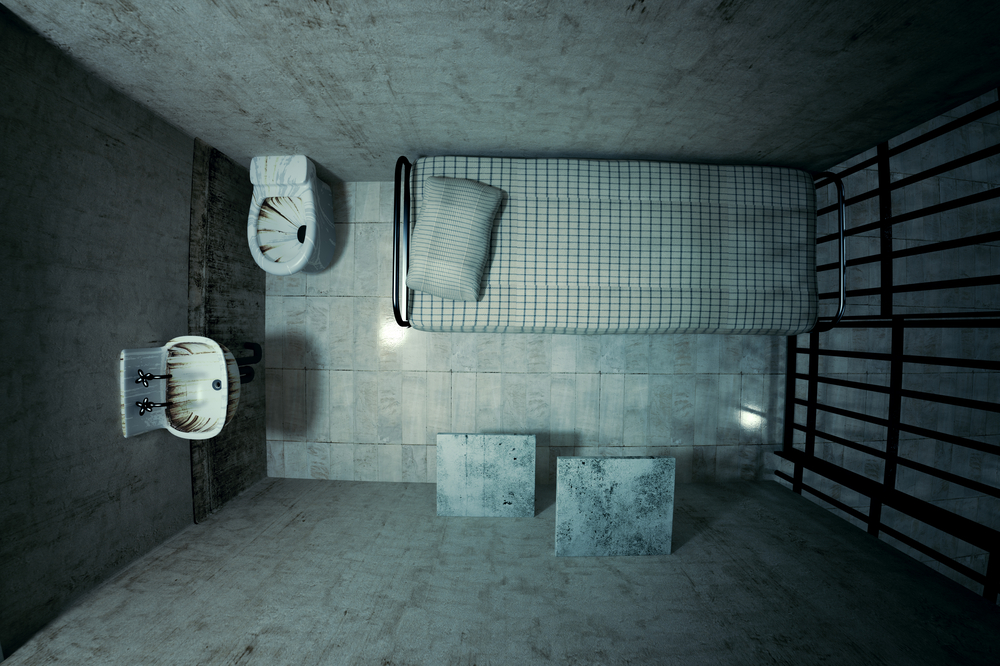
Five inmates claim in a lawsuit that at the Penitentiary of New Mexico, they did not receive any mental health treatment, but instead were shuffled off to isolation programs meant for inmates who attacked fellow prisoners and guards.
In their six-page handwritten complaint, the inmates allege that in the Predatory Behavior Management Program they were put into, they are exposed to “violent officers, psychotic inmates, lack of promised meaningful… programs and education, exposure to stench and filth, constantly being moved and having to clean up feces and filth after other inmates, exposure to insects and leaky roofs, malfunctioning plumbing and lack of cleaning supplies.”
Aside from receiving no therapy—only medications—they are forced to spend up to 23 hours a day in solitary confinement, which serves only to exacerbate their mental health issues. In 1890, the U.S. Supreme Court ruled that solitary confinement has “devastating effects of prolonged isolation even on ‘normal’ prisoners.”
The analysis of solitary confinement by the Supreme Court also found that some inmates “became violently insane; others still committed suicide, while those who stood the ordeal better were not generally reformed and in most cases did not recover sufficient mental activity to be of any subsequent service to the community.”
In more recent times, the issue has been revisited by Supreme Court justices, news outlets, and court cases with concern to the use of solitary confinement to keep inmates with mental health issues under control in isolation.
S.U. Mahesh, speaking for the State Corrections Department, denies that inmates are kept in such dire conditions. Prisons in New Mexico, he claims, provide a wide range of mental health programs, including help for inmates with substance use issues, anger management, and the offer of intensive outpatient therapy.
In addition to these services, inmates in the Predatory Behavior Management Program receive “enhanced supervision” and “each offender receives a daily visit from a qualified health care professional.”
The inmates say that despite these promises, such treatment was “never offered” to them. At best, their facility “has two mental health employees that may check on residents once every couple of months,” they claim.
“It boils down to warehousing people with severe mental illness,” their lawsuit reads. Without proper treatment, the inmates fear they will never be able to integrate into society and “are at extreme risk of committing depraved crimes of psychotic and psycho-sexual nature.”
The suit requests $50,000 to each inmate for damages as well as a mandate that ensures the Corrections Department will actually provide the treatments they already claim to.
